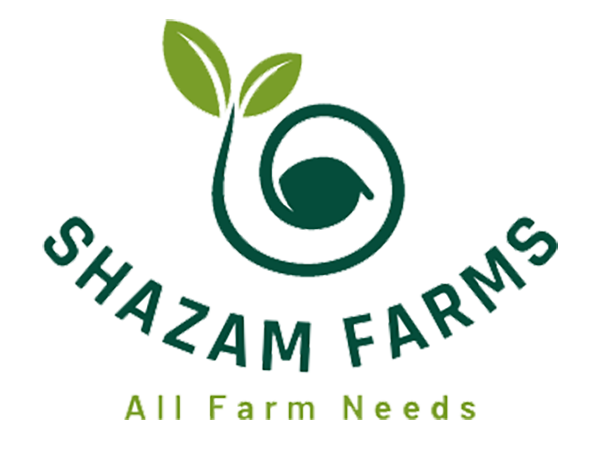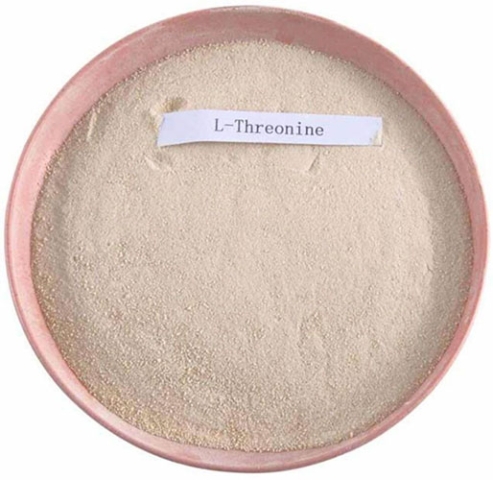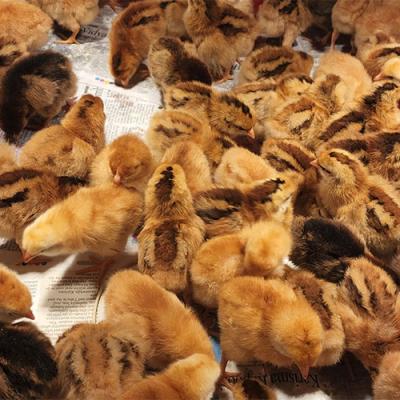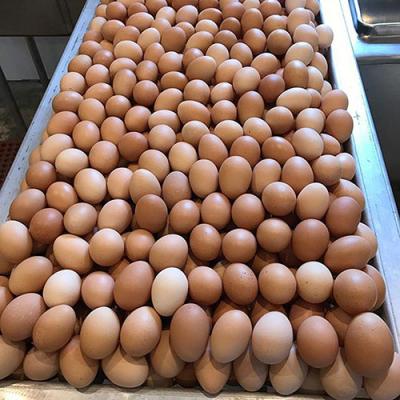L-Threonine, 100gm
L-Threonine for Animal Feed Additive: Enhancing Growth and Efficiency
L-Threonine is an essential amino acid used as a feed additive in animal nutrition to optimize growth, feed efficiency, and overall health. As one of the key building blocks of protein, L-Threonine plays a vital role in various biological functions, including muscle growth, immune response, and gut health. Incorporating L-Threonine into animal feed ensures that livestock and poultry receive a balanced diet, promoting efficient nutrient utilization and reducing the environmental impact of farming by minimizing nitrogen excretion.
Importance of L-Threonine in Animal Feed
- Supports Protein Synthesis:
- L-Threonine is crucial for protein synthesis in animals, ensuring the proper development of muscles and tissues. This leads to improved growth rates and better overall health.
- Enhances Feed Efficiency:
- By optimizing nutrient absorption and utilization, L-Threonine improves feed efficiency, allowing animals to convert feed into body mass more effectively. This results in cost savings for farmers.
- Promotes Gut Health:
- L-Threonine plays a key role in maintaining the integrity of the gut lining, which is essential for efficient nutrient absorption and preventing intestinal diseases.
- Boosts Immune Function:
- As a component of immune proteins, L-Threonine helps strengthen the immune system, making animals more resilient to infections and reducing the need for antibiotics.
- Reduces Nitrogen Excretion:
- Supplementing animal diets with L-Threonine reduces nitrogen excretion by optimizing amino acid balance, leading to lower environmental pollution and more sustainable farming practices.
- Supports Lactation in Dairy Animals:
- In lactating animals, L-Threonine is essential for milk production, ensuring that dairy animals maintain high levels of productivity.
- Prevents Metabolic Disorders:
- A balanced diet with adequate L-Threonine helps prevent metabolic disorders, such as fatty liver syndrome in poultry and ketosis in ruminants.
- Improves Carcass Quality:
- In meat-producing animals, L-Threonine supplementation leads to improved carcass quality, with better muscle mass and less fat deposition.
- Essential for Young Animals:
- Young animals, including chicks and piglets, require higher levels of L-Threonine for proper growth and development, making it a critical component of starter feeds.
- Cost-Effective Nutritional Strategy:
- Using L-Threonine as a feed additive allows farmers to reduce the overall protein content of the diet while maintaining growth performance, resulting in cost savings and improved profitability.
Conclusion
L-Threonine is an essential amino acid that plays a crucial role in animal nutrition, supporting growth, feed efficiency, and overall health. By ensuring optimal protein synthesis, gut health, and immune function, L-Threonine helps animals reach their full potential, whether they are raised for meat, milk, or eggs. Incorporating L-Threonine into animal feed not only enhances productivity but also contributes to more sustainable and cost-effective farming practices, making it an invaluable addition to any livestock or poultry operation.
Important Points:
- Supports protein synthesis for muscle growth and tissue development.
- Enhances feed efficiency, improving nutrient utilization.
- Promotes gut health by maintaining the integrity of the gut lining.
- Boosts immune function, reducing the need for antibiotics.
- Reduces nitrogen excretion, contributing to sustainable farming.
- Essential for lactation in dairy animals, supporting milk production.
- Helps prevent metabolic disorders like fatty liver syndrome and ketosis.
- Improves carcass quality in meat-producing animals.
- Critical for the growth and development of young animals.
- Cost-effective strategy for reducing overall protein content in diets.







